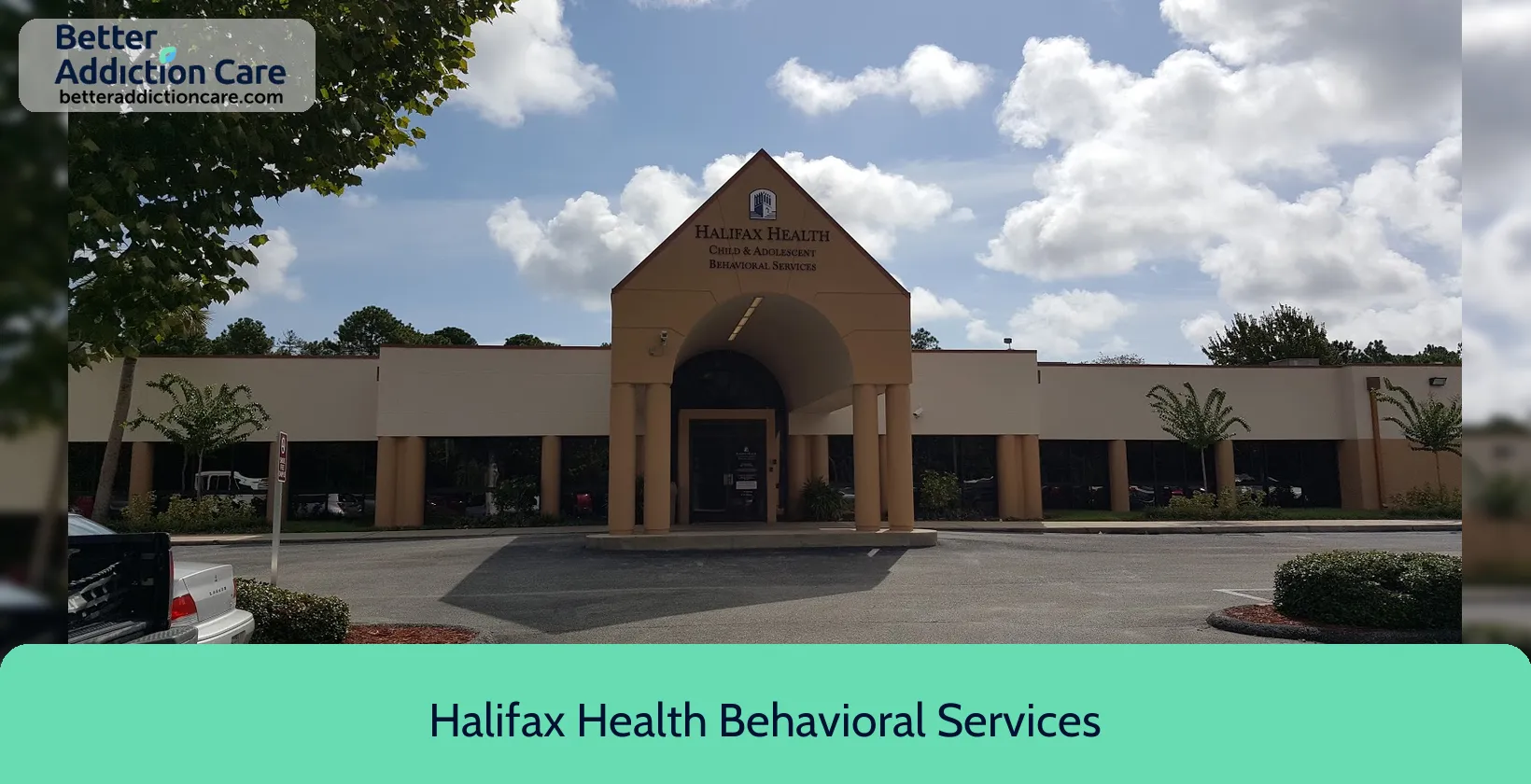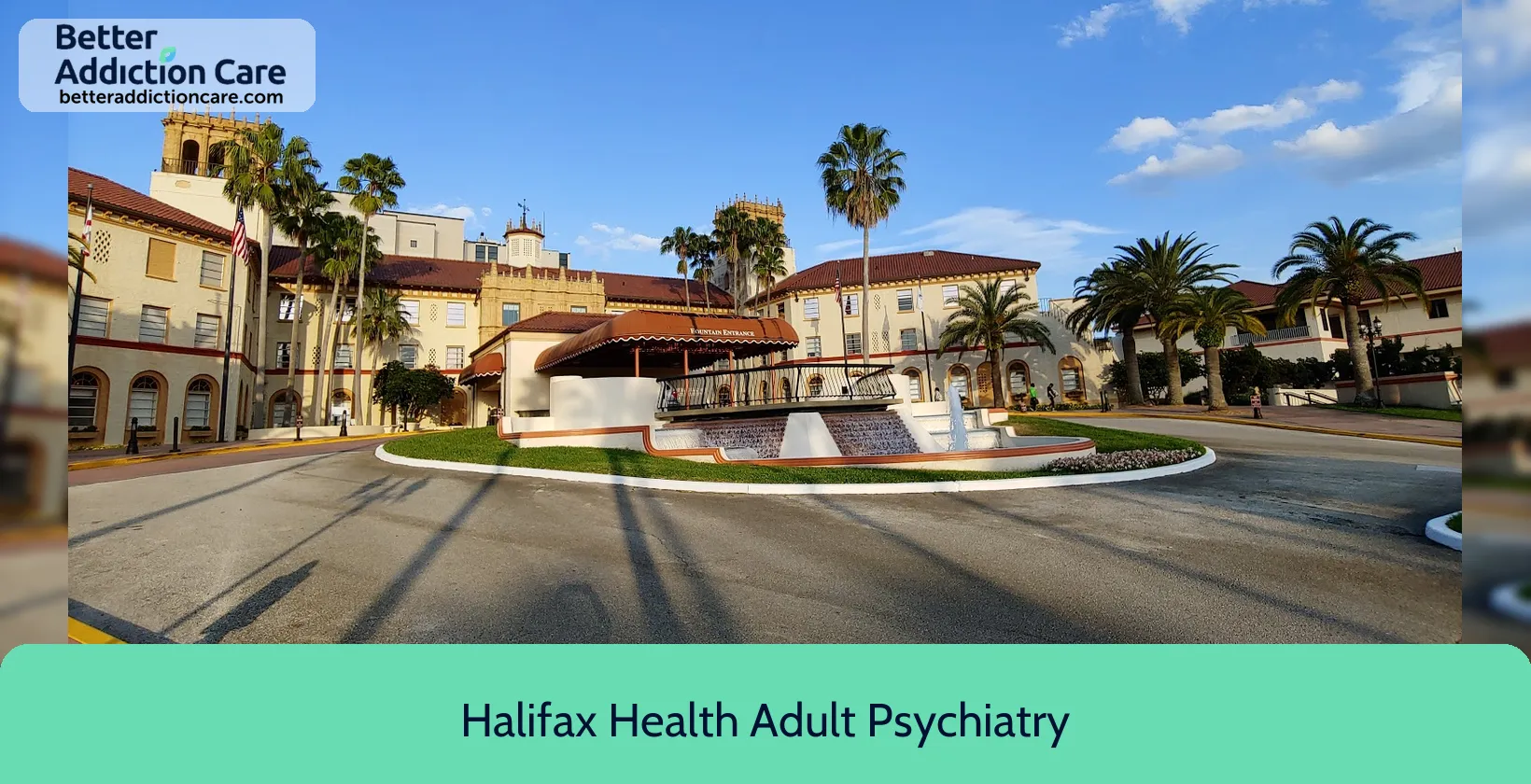SMA Healthcare 207 San Juan Avenue

Overview
SMA Healthcare 207 San Juan Avenue is a mental health treatment center for people seeking treatment near Volusia County. As part of their treatment modalities for recovery, SMA Healthcare 207 San Juan Avenue provides group counseling, cognitive behavioral therapy, and dialectical behavior therapy during treatment. SMA Healthcare 207 San Juan Avenue is located in Daytona Beach, Florida, accepting cash or self-payment for treatment.
SMA Healthcare 207 San Juan Avenue at a Glance
Payment Options
- Cash or self-payment
- Medicaid
- Private health insurance
- State mental health agency (or equivalent) funds
- Sliding fee scale (fee is based on income and other factors)
Assessments
- Screening for tobacco use
- Comprehensive mental health assessment
- Comprehensive substance use assessment
Age Groups
- Young adults
- Adults
- Seniors
Ancillary Services
- Assertive community treatment
- Intensive case management
- Case management service
- Education services
- Illness management and recovery
Highlights About SMA Healthcare 207 San Juan Avenue
6.71/10
With an overall rating of 6.71/10, this facility has following balanced range of services. Alcohol Rehabilitation: 8.00/10, Drug Rehab and Detox: 6.00/10, Insurance and Payments: 6.00/10, Treatment Options: 6.85/10.-
Alcohol Rehabilitation 8.00
-
Treatment Options 6.85
-
Drug Rehab and Detox 6.00
-
Insurance and Payments 6.00
Treatment At SMA Healthcare 207 San Juan Avenue
Treatment Conditions
- Alcoholism
- Mental health treatment
- Substance use treatment
- Co-occurring Disorders
Care Levels
- Outpatient
Treatment Modalities
- Group counseling
- Cognitive behavioral therapy
- Dialectical behavior therapy
- Integrated Mental and Substance Use Disorder treatment
- Activity therapy
Ancillary Services
Languages
- Sign language services for the deaf and hard of hearing
Additional Services
- Pharmacotherapies administered during treatment
- Mentoring/peer support
- Laboratory testing
Special Programs
- Clients with co-occurring mental and substance use disorders
- Persons 18 and older with serious mental illness (SMI)
Get Help Now
Common Questions About SMA Healthcare 207 San Juan Avenue
Contact Information
Other Facilities in Daytona Beach

6.77

6.77

7.11

6.80

6.97

6.82

6.74

6.74
DISCLAIMER: The facility name, logo and brand are the property and registered trademarks of Halifax Health Adult Psychiatry, and are being used for identification and informational purposes only. Use of these names, logos and brands shall not imply endorsement. BetterAddictionCare.com is not affiliated with or sponsored by Halifax Health Adult Psychiatry.
